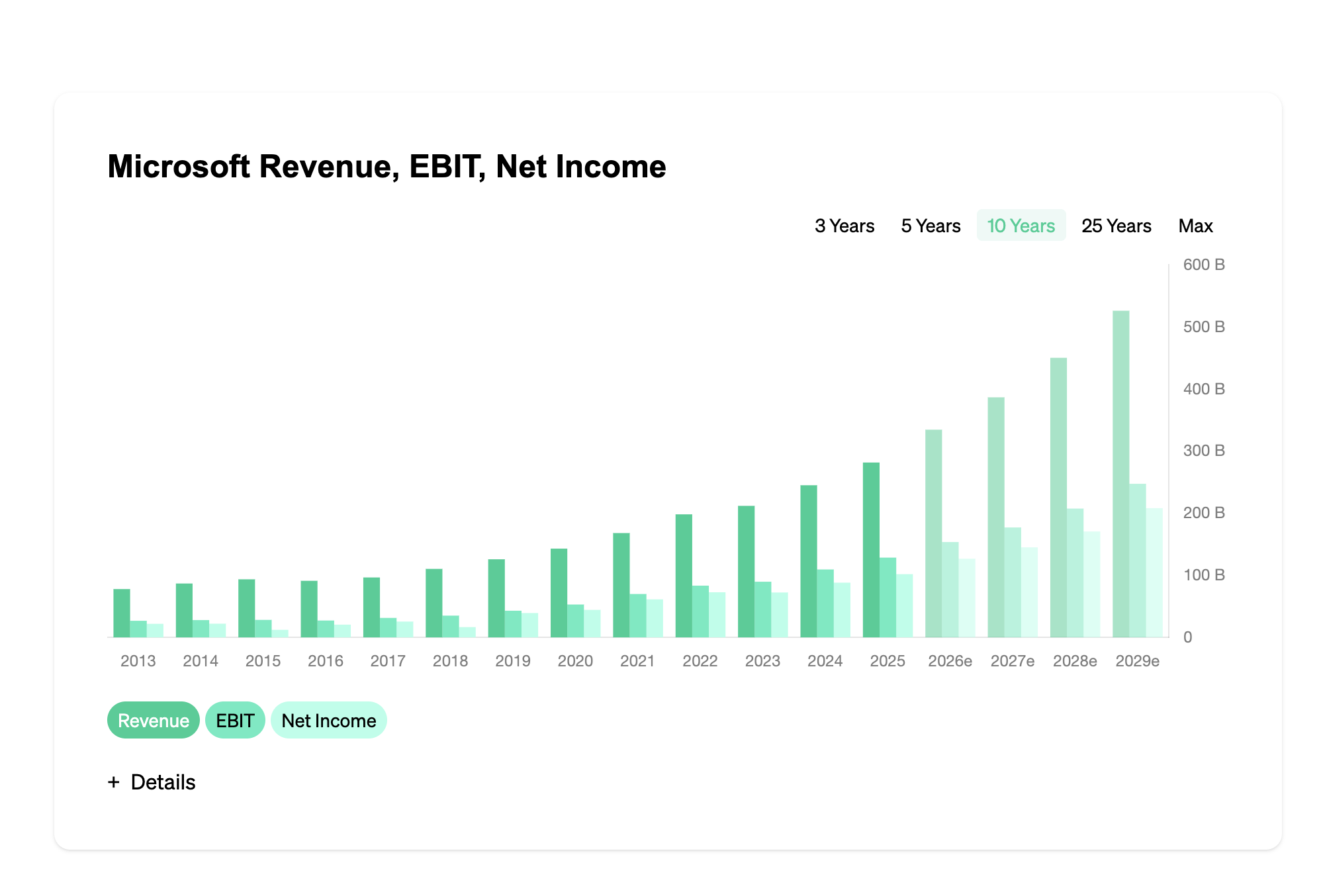Build Own Operate
Definition and Explanation
TL;DR – Brief Definition
Go to FAQs →Build Own Operate: Definition: "Build-Own-Operate" (BOO) describes a business model commonly used in infrastructure development and project financing. It refers to a contractual arrangement where a party, usually a private company or consortium, assumes the responsibility for designing, constructing, owning, and operating a facility or infrastructure asset. This model is prevalent in various sectors, including energy, transportation, telecommunications, and public-private partnerships (PPP). "Build-Own-Operate" projects typically involve a lengthy contractual framework known as a concession agreement, which outlines the rights, obligations, and financial arrangements between the project company and the public entity or grantor. The project company assumes the risk involved in developing and operating the asset, usually financing a significant portion of the project costs through debt and equity. From a financial perspective, the project company may secure funding from various sources, including commercial banks, development banks, institutional investors, and capital markets. The funds acquired are primarily used to finance construction and acquisition costs. The company then generates revenue by operating the asset and charging users (e.g., toll fees for roads, electricity tariffs for power plants) or through a concession fee, as agreed upon in the concession agreement. The "Build-Own-Operate" model offers advantages to both the project company and the grantor. For the project company, it allows them to participate in infrastructure development, providing a steady revenue stream over an extended period. Additionally, the concession agreement guarantees the project company exclusive rights to operate the asset during the concession period. On the other hand, the grantor benefits from "Build-Own-Operate" projects by transferring the risks associated with infrastructure development, operation, and maintenance to the project company. In the case of PPPs, this model allows the government to leverage private sector expertise and resources, avoiding the burden of financing infrastructure projects solely using public funds. Overall, the "Build-Own-Operate" model has proven to be an effective mechanism for infrastructure development and finance. Its flexibility and potential for attracting private investment have made it a popular choice for various capital market participants seeking opportunities in infrastructure projects. With well-structured contractual agreements and sound financial management, "Build-Own-Operate" projects can lead to successful investments, spurring economic growth while fulfilling societal needs. As a leading platform for equity research and finance news, Eulerpool.com provides comprehensive insights into the "Build-Own-Operate" model and its applications in capital markets. With our glossary, investors and market participants can stay informed about this and other terms related to stocks, loans, bonds, money markets, and cryptocurrencies. Stay updated with the latest trends and developments in the industry, supporting your investment decisions with expert knowledge. Visit Eulerpool.com today!
Detailed Definition
Frequently Asked Questions about Build Own Operate
Was bedeutet Build Own Operate?
Definition: "Build-Own-Operate" (BOO) describes a business model commonly used in infrastructure development and project financing. It refers to a contractual arrangement where a party, usually a private company or consortium, assumes the responsibility for designing, constructing, owning, and operating a facility or infrastructure asset.
Wie wird Build Own Operate beim Investieren verwendet?
„Build Own Operate“ hilft dabei, Informationen einzuordnen und Entscheidungen an der Börse besser zu verstehen. Wichtig ist immer der Kontext (Branche, Marktphase, Vergleichswerte).
Woran erkenne ich Build Own Operate in der Praxis?
Achte darauf, wo der Begriff in Unternehmensberichten, Kennzahlen oder Nachrichten auftaucht. In der Regel wird „Build Own Operate“ genutzt, um Entwicklungen zu beschreiben oder Größen vergleichbar zu machen.
Welche typischen Fehler gibt es bei Build Own Operate?
Häufige Fehler sind: falscher Vergleich (Äpfel mit Birnen), isolierte Betrachtung ohne Kontext und das Überinterpretieren einzelner Werte. Nutze „Build Own Operate“ zusammen mit weiteren Kennzahlen/Infos.
Welche Begriffe sind eng verwandt mit Build Own Operate?
Ähnliche Begriffe findest du weiter unten unter „Leserfavoriten“ bzw. verwandten Einträgen. Diese helfen, „Build Own Operate“ besser abzugrenzen und im Gesamtbild zu verstehen.
Læserfavoritter i Eulerpool Børsleksikon
Erwerbstätigenrechnung
Erwerbstätigenrechnung ist ein Begriff, der in der Wirtschaft und im Finanzwesen verwendet wird, um eine spezifische Methode zur Messung und Analyse der Beschäftigungslage in einer Volkswirtschaft zu beschreiben. Diese Rechnung...
normale Zinsstruktur
Die "normale Zinsstruktur" bezieht sich auf das Muster der Zinssätze für verschiedene Laufzeiten von festverzinslichen Wertpapieren. Sie basiert auf der Vorstellung, dass längerfristige Schuldtitel höhere Renditen bieten sollten als kurzfristige...
Übergabebilanz
Die Übergabebilanz ist ein wichtiges Instrument, das im Rahmen des Übergabeprozesses bei Unternehmensübernahmen verwendet wird. Sie stellt eine Finanzdokumentation dar, die den Status und die finanzielle Lage eines Unternehmens zu...
Teilcharter
Die Teilcharter bezieht sich auf eine Vereinbarung zwischen einem Charterinhaber und einem Dritten, bei der das Charterflugzeug für eine bestimmte Strecke oder einen bestimmten Zeitraum an den Dritten verleast wird....
Bewertungsrichtlinien
Bewertungsrichtlinien sind ein entscheidendes Instrument für Investoren in den Kapitalmärkten. Sie legen die Methoden und Kriterien fest, nach denen die Bewertung von Vermögenswerten im Rahmen von Anlageentscheidungen erfolgt. Diese Richtlinien...
Sparer-Pauschbetrag
Der "Sparer-Pauschbetrag" bezieht sich auf den steuerlich begünstigten Betrag, den eine Einzelperson in Deutschland als Einkünfte aus Kapitalanlagen steuerfrei behalten darf. Jeder Steuerpflichtige hat Anspruch auf einen Sparer-Pauschbetrag von 801...
Kassationsverfahren
Kassationsverfahren - Definition und Bedeutung Das Kassationsverfahren ist ein juristischer Begriff, der sich im deutschen Rechtssystem auf die Möglichkeit bezieht, ein Urteil vor dem Bundesgerichtshof (BGH), dem höchsten Gericht Deutschlands, anzufechten....
Gesamtbetrag der Einkünfte
Gesamtbetrag der Einkünfte - Definition im Bereich Kapitalmärkte Der Gesamtbetrag der Einkünfte ist ein Begriff, der im Bereich der Kapitalmärkte und der steuerlichen Bewertung von Einkommenserklärungen eine wichtige Rolle spielt. Er...
sonstige Einkünfte
"Sonstige Einkünfte" is a German term commonly used in the domain of capital markets to refer to "miscellaneous income" in the context of taxation. It encompasses various forms of income...
elektronische Dienstleistung
"Elektronische Dienstleistung" ist ein Begriff aus dem Bereich der Finanzdienstleistungen, der sich auf elektronische Leistungen bezieht, die in Verbindung mit verschiedenen Finanzinstrumenten erbracht werden. Diese Dienstleistungen werden über elektronische Kanäle...

